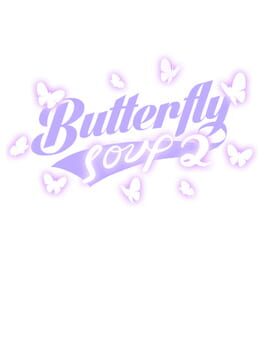Butterfly Soup became a symbol upon its ending and the popularity/status it gained along the following 5 years. If the first one was about a fantasy created within a group of friends so strong that it was capable of ignoring the surrounding noise, Butterfly Soup 2 is the reality faced after the magical days of uncertainty materialized. Now the conflicts permeate even those reunions with the friends that not long ago could block the entire world. Fantastic and real exchange roles.
It’s actually interesting to use a direct sequel to question the fantastical symbolic status already settled and work some of the not so happy parts that come after it. And it’s not that the kids suddenly are obstructed by the world that confronts them, it's that the conflicts are inside them. It’s not that Diya’s mother doesn’t understand her or that Noelle’s parents force her to study Chinese, it’s that Diya wants to be capable of talking with her mother and Noelle wants to connect with her roots for reasons she didn’t notice before.
It’s a process of understanding that finding the place where you can finally form your true self also means that you won’t fit all molds, even the ones you desire. It’s learning to live with those contradictions and begin working your way through them. In the end, these kids will grow up and will always be themselves, but they’ll still have to face their inner worries on their way. The group stops being just a place to forget about the world and matures into a space where to deal with their inner conflicts in company.
It’s actually interesting to use a direct sequel to question the fantastical symbolic status already settled and work some of the not so happy parts that come after it. And it’s not that the kids suddenly are obstructed by the world that confronts them, it's that the conflicts are inside them. It’s not that Diya’s mother doesn’t understand her or that Noelle’s parents force her to study Chinese, it’s that Diya wants to be capable of talking with her mother and Noelle wants to connect with her roots for reasons she didn’t notice before.
It’s a process of understanding that finding the place where you can finally form your true self also means that you won’t fit all molds, even the ones you desire. It’s learning to live with those contradictions and begin working your way through them. In the end, these kids will grow up and will always be themselves, but they’ll still have to face their inner worries on their way. The group stops being just a place to forget about the world and matures into a space where to deal with their inner conflicts in company.
